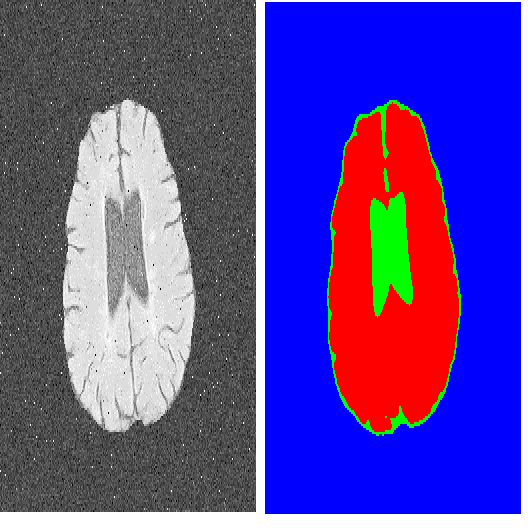The data-driven nature of deep learning (DL) models for semantic segmentation requires a large number of pixel-level annotations. However, large-scale and fully labeled medical datasets are often unavailable for practical tasks. Recently, partially supervised methods have been proposed to utilize images with incomplete labels in the medical domain. To bridge the methodological gaps in partially supervised learning (PSL) under data scarcity, we propose Vicinal Labels Under Uncertainty (VLUU), a simple yet efficient framework utilizing the human structure similarity for partially supervised medical image segmentation. Motivated by multi-task learning and vicinal risk minimization, VLUU transforms the partially supervised problem into a fully supervised problem by generating vicinal labels. We systematically evaluate VLUU under the challenges of small-scale data, dataset shift, and class imbalance on two commonly used segmentation datasets for the tasks of chest organ segmentation and optic disc-and-cup segmentation. The experimental results show that VLUU can consistently outperform previous partially supervised models in these settings. Our research suggests a new research direction in label-efficient deep learning with partial supervision.
翻译:由数据驱动的深层学习(DL)模型的数据驱动性质要求大量像素级说明。然而,通常无法提供大规模和贴上完整标签的医疗数据集,以完成实际任务。最近,提出了部分监督的方法,以利用医疗领域标签不完整的图像。为了弥补数据稀缺情况下部分监督的学习(PSL)在方法上的差距,我们提议在不确定性下维基那尔实验室(VLUU),这是一个简单而有效的框架,利用人体结构的相似性进行部分监督的医疗图像分割。通过多任务学习和尽量降低病毒风险,VLU将部分监督的问题转化为一个全面监督的问题,生成病毒标签。我们的研究显示,在小规模数据、数据设置变化以及两个常用的分层数据集上,VLU系统评估两种常用的分层数据集的不平衡性。实验结果表明,VLUU可以持续超越这些环境中以前部分监督的模型。我们的研究显示,在深度标签方面,我们用新的部分研究方向是深层次学习。



